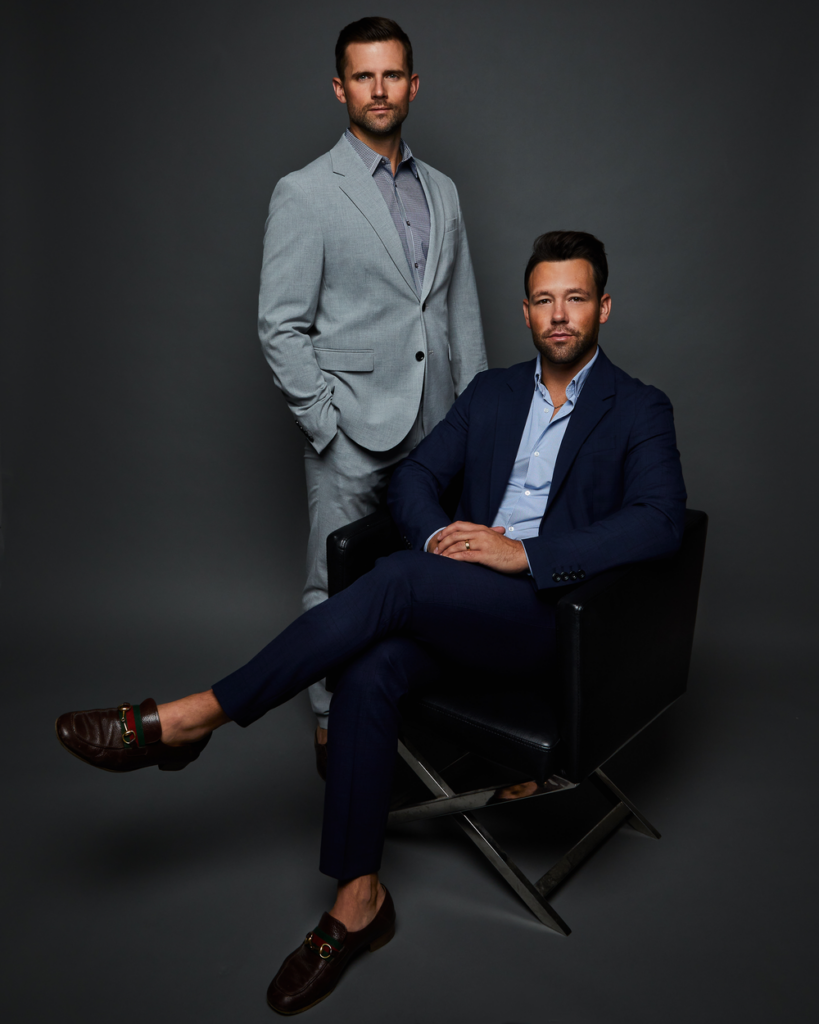Self-driving cars, laser eye surgery, and GPS: just a few of the significant medical and technical advances that have been made in the last ten years.
Needless to say, we live in an incredible time.
Another amazing invention? Universal DNA kits for the masses. The first DNA kit was used in 1986 as part of a criminal investigation. Now, with a simple swab of the mouth, we can know precisely where we come from.
So what does this mean if donor eggs were used to conceive your child? Does your child need to know who they share DNA with? How important is it for your child to know exactly where they come from?
Read on for our advice on what you should tell a child conceived by donor eggs.
Genetic Connections
Throughout history, the ancestral lineage of a family was everything. Your bloodline determined your place in society: what careers you could pursue, what kind of education you received, and even who you could marry.
If you don’t believe me, just watch The Tudors.
Fortunately, we currently live in a post-genetic age where bloodlines and lineage are becoming less and less critical. In fact, we know now that two unrelated people share 99 percent of the DNA. That simply means that we are human more than anything else.
But what about that last 1%? How important is that 1% of your child’s DNA that creates a genetic link to another human and directly impacts who they are?
There is something mysterious and complex about genetic links, but at the end of the day, a child deserves to know the full story of where he comes from.
Definition of Family
To make this conversation easier, we suggest to our parents that they consider the meaning of family. Families come in all different shapes. The conventional family of a mom, dad, and a few kids is not the norm anymore. A family is simply a group of people who love each other and take care of each other.
No child is born with any expectation of what a typical family is. All a child needs is to be loved and protected. If the child understands his story from a young age, he can feel secure and safe with those around him.
Any anxieties and fears that a parent may feel about this subject are often self-imposed. Parents worry the child will feel stigmatized or disappointed. This will not happen if parents have open discussions with their children where they express their gratitude for the miracle of egg donation and how their child was conceived.
We also want the parents we work with to consider the consequences of secrets. Families keep secrets when they are ashamed or embarrassed about a particular situation. Keeping a child’s history hidden may make it seem like the child has something to be ashamed of.
And family secrets always find a way to come out anyway and do much more damage the longer they are hidden.
How to Start the Conversation
For many parents, the idea of having a conversation about how their child was conceived can seem intimidating. Here are some basic tips on how to approach the topic gently.
It's a Process
Telling your child’s story is a process. Start simple and then add detail as your child ages and starts to ask questions.
Start Now
It’s always easier to start the process when your child is young. Children are incredibly trusting and self-confident. They are curious and will naturally look to the adults they’re closest to for answers.
Use Language they Understand
The basics of the story are straightforward. Don’t over-complicate it by getting too technical. To tell the story, use phrases such as:
We wanted you very, very much.
We waited so long for you.
We got help from a doctor.
There are lots of different ways to have a family.
We were so happy when you finally came to us.
Also, use the proper terms. Use “donor” instead of mother. The donor has a very different role than a mother does, and the child should understand the difference.
Leave the Door Open
Always let your child know that you’re open to talking at any time. Be willing to answer questions and encourage them to ask more about where they came from. Your willingness to talk about their story lets them know that there is nothing wrong or shameful about their conception.
It's the Child's
All information will ultimately belong to the child. This includes any identifying information you may have. This may lead to the child wanting to meet their donor. If they ask, don’t panic. They’re not looking to replace you; they are simply curious.
As a parent, you will need to assess the situation and do what’s best for your family. You will also need to consider the donor as she may wish to remain anonymous.
We are All Connected
Every child who is conceived by donor eggs is here because their parents wanted a family and didn’t give up. It’s a story of many people coming together; a story of miracles and love.
So don’t wait to share your child’s history with him. He can only feel more loved and wanted when he knows how much his parents sacrificed to get him here.
After all, we are all connected one way or another. Donating your eggs is just another example of that. Contact us today.

